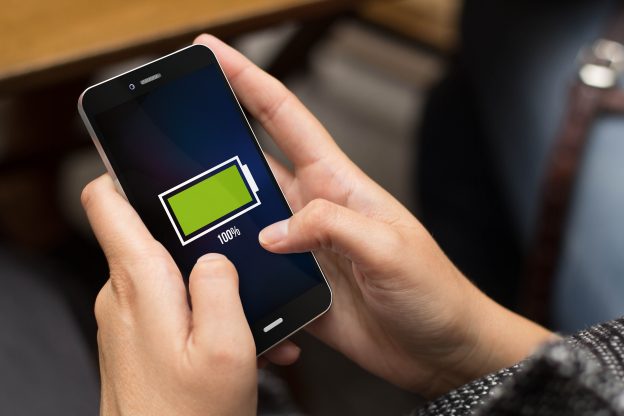
Luxury car manufacturers Bentley and Maserati have in succession announced the phase out of vehicles that are purely powered by an internal combustion engine (ICE) in their offerings. In revealing its “Beyond100” strategy this November, Bentley as a century-old brand in the automotive industry stated that it will accelerate the electrification of its vehicle fleet. According to its schedule, Bentley will be selling only battery-electric and hybrid vehicles by 2026; and by 2030, all of its offerings will be battery-electric. At the end of the same month after this announcement, Maserati followed suit and disclosed its plan to transition to the battery-electric and hybrid powertrain technologies within the next five years.
Maserati will be introducing a new medium SUV called the Grecale in 2021. This model will come with a hybrid variant upon its release and eventually include a battery-electric variant as well. Maserati will also be releasing an electric version for its well-known sports cars GranTurismo and GranCabrio next year. Bentley’s and Maserati’s respective parent companies Volkswagen and Fiat-Chrysler appear to have reached the same conclusion: A rapid adoption of the battery-electric powertrain technology for luxury cars is necessary as electrification is going to be the dominant trend in this market segment.
The marketing of sports and luxury cars has always emphasized the horsepower and torque of the vehicle’s engine. Enthusiasts of these types of vehicles also tend to be very passionate about the design and performance of an engine, so there is the concern about whether they will accept the phase-out of the ICE. Although Tesla opened up the electric car market by first offering high-priced models, the established brands in the luxury car market have made their expertise in ICEs as a selling point and will want to maintain their craft.
On the other hand Bentley’s and Maserati’s announcements indicate a major shift in the attitude of luxury car manufacturers with regard to the adoption of the battery-electric powertrain technology. They have to eagerly embrace electrification as people become increasingly aware of the need to reduce carbon emissions and the advances in the development of electric cars. Additionally, Tesla’s approach of initially focusing on premium models is imitated by not only established car brands such as the century-old Bentley but also new startups in the automotive industry. Lucid Motors, an electric car manufacturer that was just established in 2007, is also focusing on developing luxury models.
To effectively compete against Tesla in the electric car market, Volkswagen is not only selling luxury models through Bentley but also building a new electric powertrain platform that is for mainstream models and will be jointly adopted by its 12 subsidiary brands. According to reports from media outlets, the engineering team from Volkswagen’s Artemis Project will be assisting the development of the hardware of the platform. The software of the platform is Car.Software, which is the common operating system designed by Audi for Volkswagen’s subsidiary brands. With this platform, Volkswagen hopes to significantly reduce the cost of developing and manufacturing electric cars for the lower market segments.
The Volkswagen ID.3, which is a compact electric car, is currently being sold at prices starting at US$34,000. For consumers shopping for a mainstream model, the ID.3 is still a bit too expensive. Hence, Volkswagen has initiated its Small BEV Project that aims to build battery-electric sedans that are priced between US$24,000 and US$30,000. In contrast, the team from the Artemis Project is primarily focusing on the development of a type of luxury three-row electric vehicle that is codenamed “Landjet”. Audi will be the first to offer Landjet, and other subsidiary brands including Bentley and Porsche will also have their versions of this vehicle as well. The market release of Landjet is currently scheduled for 2024.
Thanks to technological advances, battery-electric vehicles are no longer at a disadvantage compared with ICE vehicles in terms of power and range. As countries in Europe and other parts of the world plan to cut back carbon emissions, battery-electric vehicles will have a promising future. Regarding ICEs, European carmakers have taken pride in excelling at the development of this technology. However, with the major changes that are taking place in the market and industry, ICEs are expected to gradually enter their sunset phase.
(Photo credit: Maserati.)







